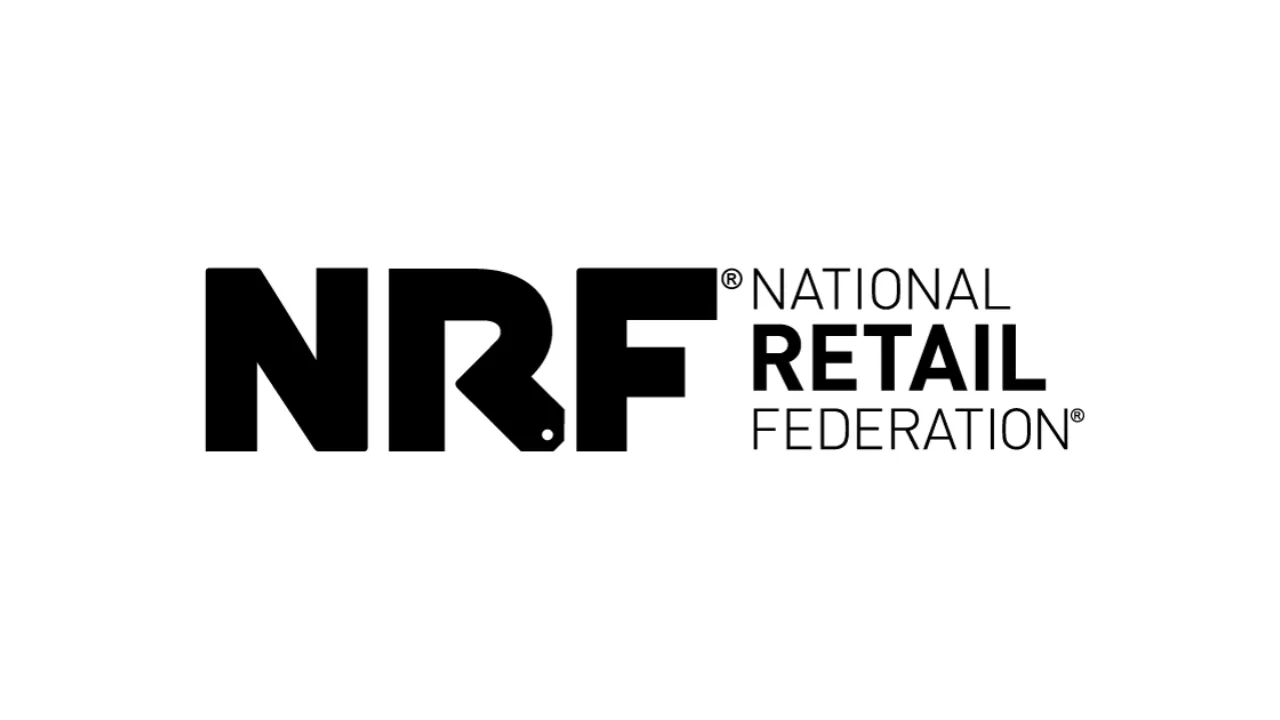WASHINGTON—The National Retail Federation issued the following statement from Executive Vice President of Government Relations David French after the Department of Labor (DOL) released its final overtime rule. Originally proposed in September 2023, the rule will increase—in two steps—the minimum annual salary threshold that determines overtime pay eligibility under the Fair Labor Standards Act.
“NRF acknowledges the steps that DOL took to phase in the full impact of the new rules in response to employer concerns. The delay in full implementation of the new higher threshold, for example, will enable retailers to prepare for the full impact of the rule more thoroughly. We remain concerned, however, that the new rules curtail retailers’ ability to offer the most flexible, generous and tailored benefits packages to lower-level exempt employees across the industry.
“We are also concerned that the Department has not provided adequate time for retailers to implement changes to the first phase of the rule, which will increase the minimum salary threshold from $35,568 to $43,888 by July 1, 2024. We urge the Department to allow until at least Sept. 1, 2024, to implement this change.
“Even with the phased-in implementation timeline, the new rules will cause employers to reexamine compensation packages for millions of workers nationwide. Some workers may lose the status of a managerial position. Some may lose much-desired flexibility as to when, how and where they work, including the ability to work from home. Some may lose the capability to travel on the employer’s behalf. Some may lose valuable educational and training experiences.
“Finally, retailers remain concerned that the inclusion of future automatic increases exceeds the Department’s legal authority and oversteps longstanding Fair Labor Standards Act and Administrative Procedure Act principles.”
In Nov. 2023, NRF submitted comments to DOL opposing its proposed rule on overtime regulation. Additionally, NRF commissioned Oxford Economics to analyze the economic effects if implemented, which found that the proposed rule could impact more than 7.2 million workers.
As the leading authority and voice for retail, NRF will continue to advocate for workplace rules that promote workplace flexibility and economic growth.








